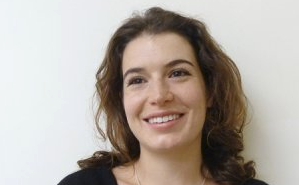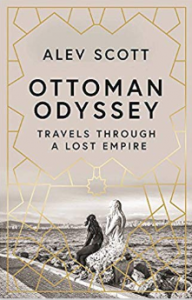
Exploring the lost Ottoman Empire


Alev Scott, half-British, half-Turkish journalist settled on the Greek Island of Lesbos, on the borders of Turkey, while researching this book on the “ social legacy” of the Ottoman Empire, found herself barred from Turkey.
Scott who grew up in London, “was like reconnecting with an absent parent: it feels central to my identity. It is gone –except that it’s not gone”.
The Ottoman Empire is about the empire that is gone, except that it’s not. Before being banned from Turkey she talked to the Jews, The descendants of African Slaves, Armenians and wondered to Kosovo, Bosnia, Serbia’s Sandzak region, Lebanon, Jerusalem exploring their Ottoman heritage and their 800-year rule ended a century ago. She uncovers a legacy that’s relevant, where medieval ethnic diversity meets 21st-century nationalism.
Turkey’s then foreign minister Ahmet Davutoglu explained about his country’s lack of interest in its former empire. Recep Tayyip Erdogan, now Turkey’s president, then seemed determined to restore Turkey’ s influence.
Turkey’s business is vital for Bosnia, Bosniak leaders play a Turkish card because the Serbs play a Russian card, to squeeze every last drop of cash as done by their ancestors with the pashas of old.
In Bulgaria, the Turkish-dominated party plays a key role in political life.
Her visit to Lebabib’s Druze people and dinner with Walid Jumblatt, the retired warlord who now tweets his dog Oscar’s emojis and pictures. She rediscovers her childhood home in Turkish Cyprus.
Scott also discusses the cruel population exchange of Muslims and Christians between Greece and Turkey in 1923 and the Armenian genocide of 1915. She visits the Balkans and the last remaining synagogue in Beirut which her father paid to build but never visited it. The Ottoman reforms beginning in 1839 to the 1960s, Beirut was attracting a lot of Jews.
Ottoman Odyssey: Travels Through a Lost Empire by Alev Scott, Riverrun £20, 292 pages
